Unfortunately, because I was away last week, I didn’t get a chance to review Another Code: Recollection in time for the embargo lifting. It’s unfortunate not because I missed out on the initial rush of clicks when being one of the first to review a game of a decent profile. Rather, it’s unfortunate because I’ve seen some of those other reviews and I must start my own, here, by expressing how frustrated I am.
Related reading: Another must-play remake on Nintendo Switch is Famicom Detective Club. Our review.
Another Code: Recollection is an example of what a remake should look like. Developer, Cing, took two reasonably obscure titles from the DS and Wii era – including one that was never formally released in the US – and gave them a total makeover. The result is that this Another Code looks and feels like a modern experience. The developers make necessary changes to the narrative and gameplay to ensure that the new remake works as a cohesive experience, and consequently, there’s something for everyone in it. Players who fondly remember the original can enjoy (and perhaps debate or discuss) the new creative decisions that were made. People who never had a chance to play the originals can play this without feeling like they’re grappling with archaic gameplay elements from yesteryear.
Again, this is exactly the kind of remake that we should be championing, as it brings games that are almost impossible to play to a modern platform in a way that ensures that it remain playable and enjoyable beyond their nostalgia and historic value. And yet so much of the discourse has been around whether this remake was a worthwhile project. In the same week, almost no one dared question whether a remaster of a game that was already available on its console was worthwhile, but this is the game whose value is apparently borderline. This industry and the conversations it generates frustrate me so much sometimes.
Anyhow, griping aside, Another Code: Recollection is an exceptional and modern point-and-click adventure game, dense with the same kind of mystery and ambience that made classics of the genre like Myst and Zork such cultural icons. In Another Code, you play as a young girl who finds herself travelling to a supposedly deserted island thanks to the suggestion that her father, long assumed to be dead, was actually still kicking around.
I personally wouldn’t be inclined to go chase after someone who had been pretending to be dead for my entire life, and who had not with not even sent me a letter on my birthday. That’s just me. That wouldn’t make for a very interesting game, though, so thankfully Ashley has her reasons and a need for answers.
Things get more curious when she bumps into a ghost early on, who has some connection to the island and mansion that dominates it, but is also suffering from amnesia and so is trapped on earth until he can remember who he is and get some closure. This unlikely team of sleuths then set out to get answers for both of them, in a story that is predictably filled with surprises, revelations, and twists and turns. Once the mysteries of the island have been solved, players are then fast forwarded two years, to Ashley’s 16th birthday, as she’s tasked with coming to terms with even more of who her parents were and what they did (originally, these two story arcs were two separate game releases, but here they’re a seamless, single narrative with a time jump in the middle).
What makes Another Code reminiscent of Myst and Zork, regardless of which of the two chapters you’re playing, is the sense of serene mystery, backed by the faint whiff that something potentially very dark is going on underneath it all. Myst in particular has long fascinated me for the way it manages to creep me out (to this day) with its static images and ambient loneliness. It’s not a horror game, and there’s no outright hostility there as you explore… and yet the environmental storytelling tells you that there is something very wrong with everything and every step is taking you closer to some horrible revelations.
Another Code is much less static than Myst, but an equally effective work of ambient, tranquil, and yet vaguely sinister mystery. Unlike Myst, you’re not going to spend too long looking at the same area in bewilderment, because the puzzles are (thankfully) much less brain-twisting, and there are plenty of hints so that very few people should ever get stuck. The original releases of both games in this dual story were notable for their gimmicky – but effective – use of the hardware, while the remake here plays it much safer, but nonetheless, exploring the world is enjoyable and you’ll still feel clever as you solve its puzzles.
What I find most appealing about the overall experience, however, is the inadvertent meta-commentary that it has going on. After all, these are games about scientists who researched memories (and their daughter who is desperately trying to learn about them) in a remake of two games that had nearly been forgotten from the industry (yet not most people who had played them). To quote the great author, Kazuo Ishiguro, “Memories, even your most precious ones, fade surprisingly quickly. But I don’t go along with that. The memories I value most, I don’t ever see them fading.”
Another Code: Recollection is a “memory” that should be valued and now, thanks to this release, will avoid “fading” for some years to come yet. You can argue that it highlights fundamental weaknesses in puzzle and adventure games, where developers feel such an urgent need to make sure players don’t get stuck (and subsequently give up on the game) that they ensure the game basically plays itself. Recollection is certainly an easier experience than the games it is a remake of. But the real value of Cing’s cult masterpieces has been the stories they’ve told and the evocative and rich ambience of the storytelling environment, and the remake, here, builds on those qualities in a remarkable fashion.
Buy this game on Amazon (By using this link you support DDNet, which earns a small commission on each sale).
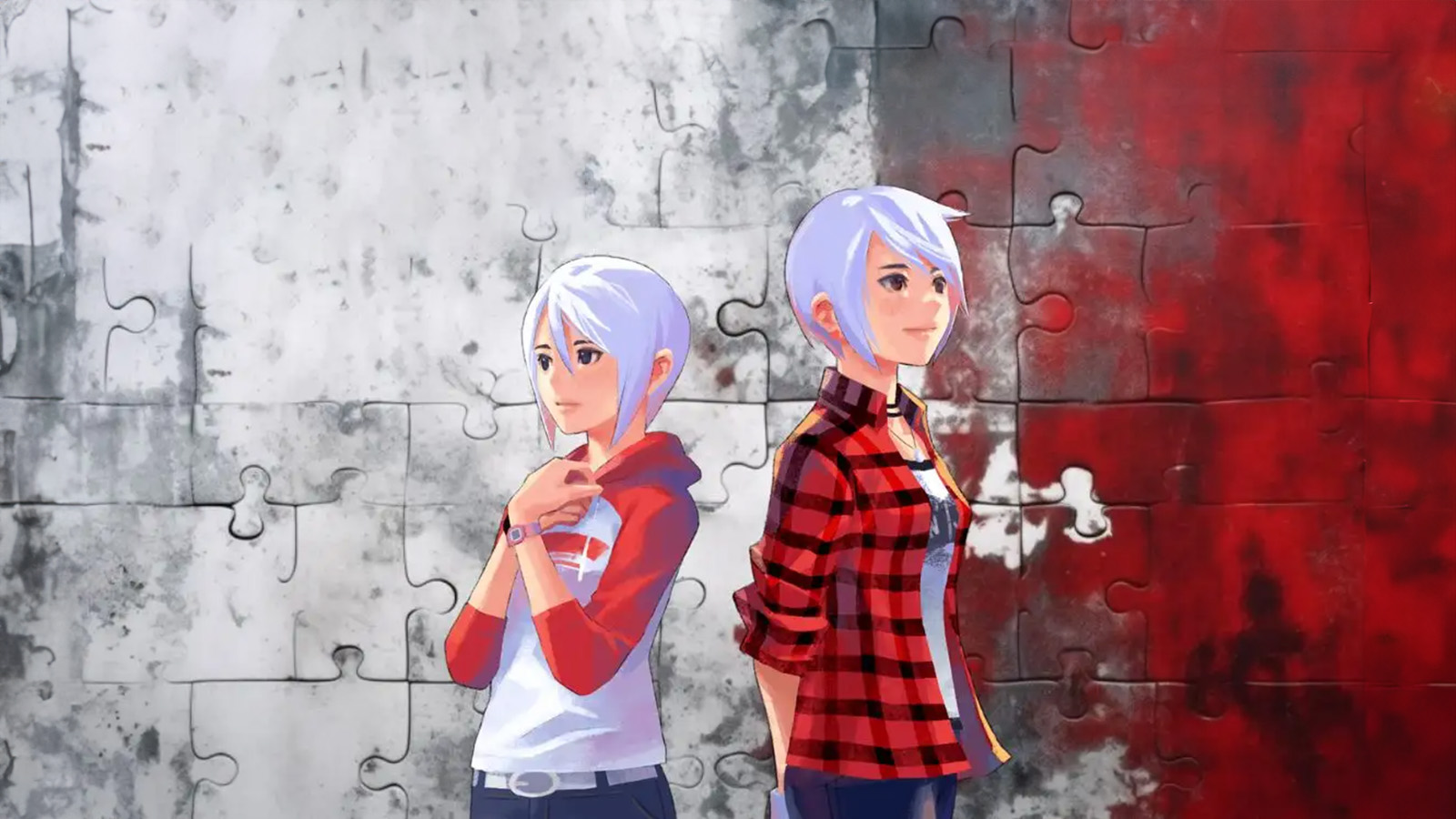

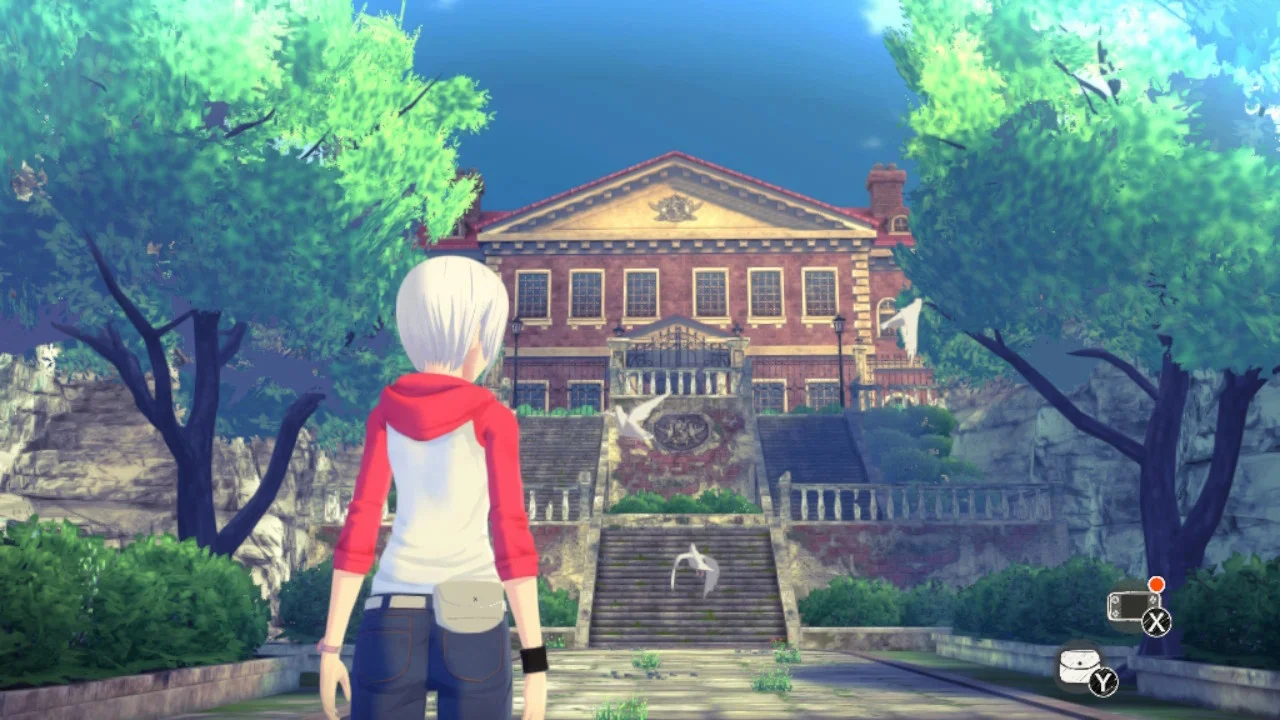
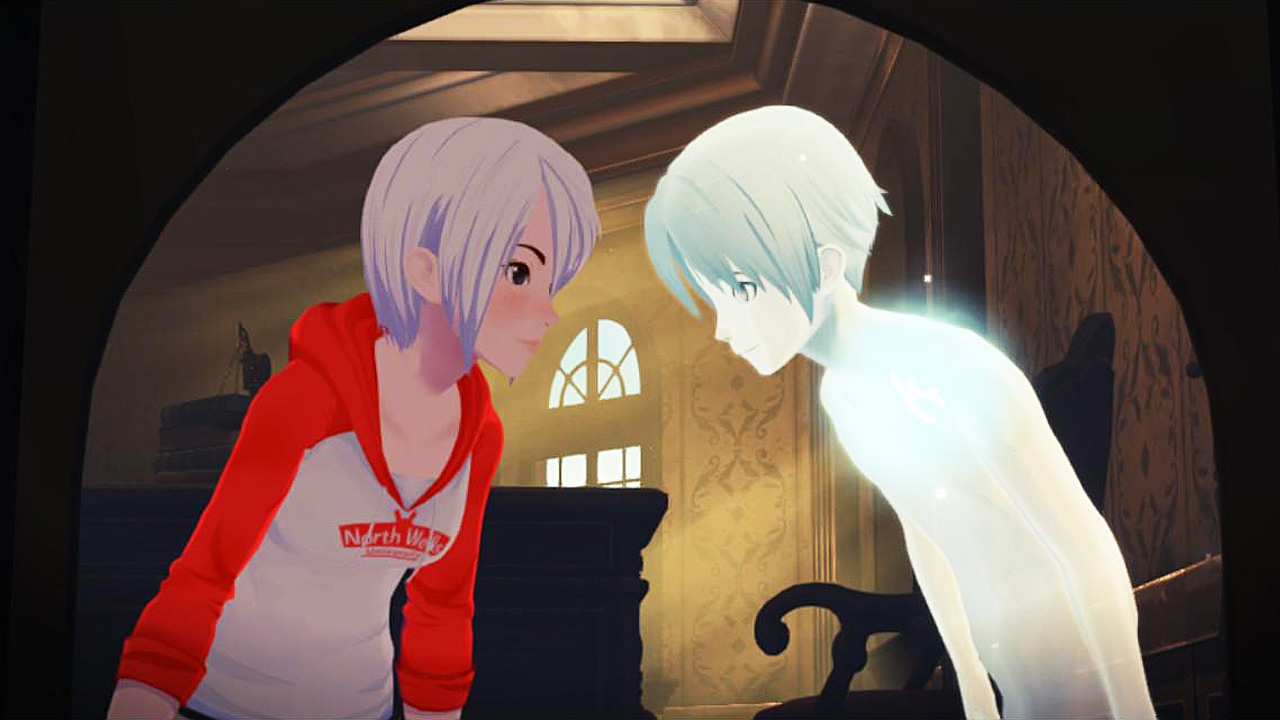


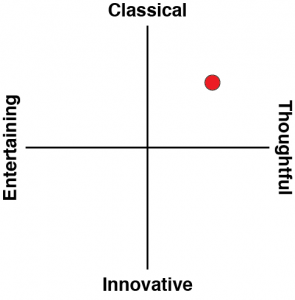

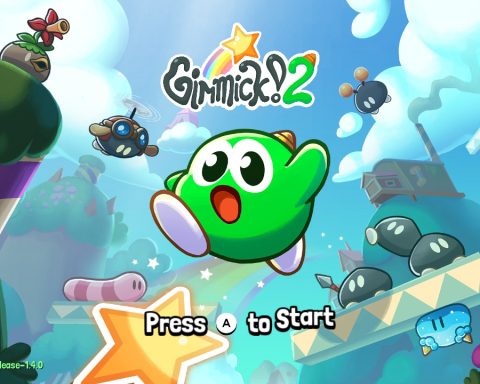

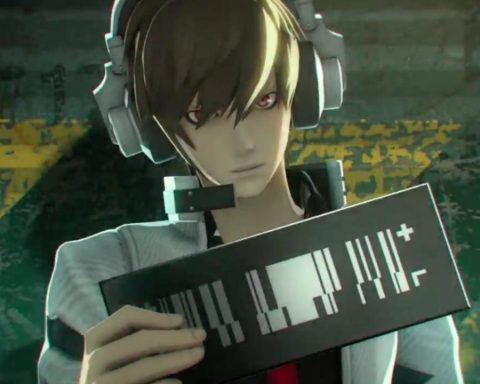
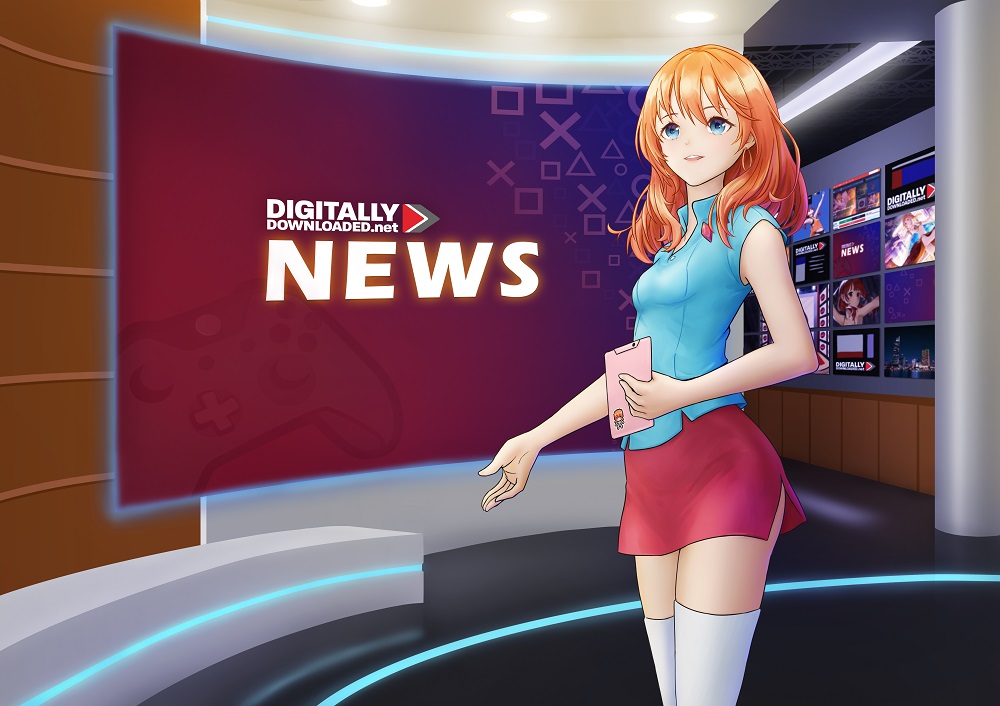
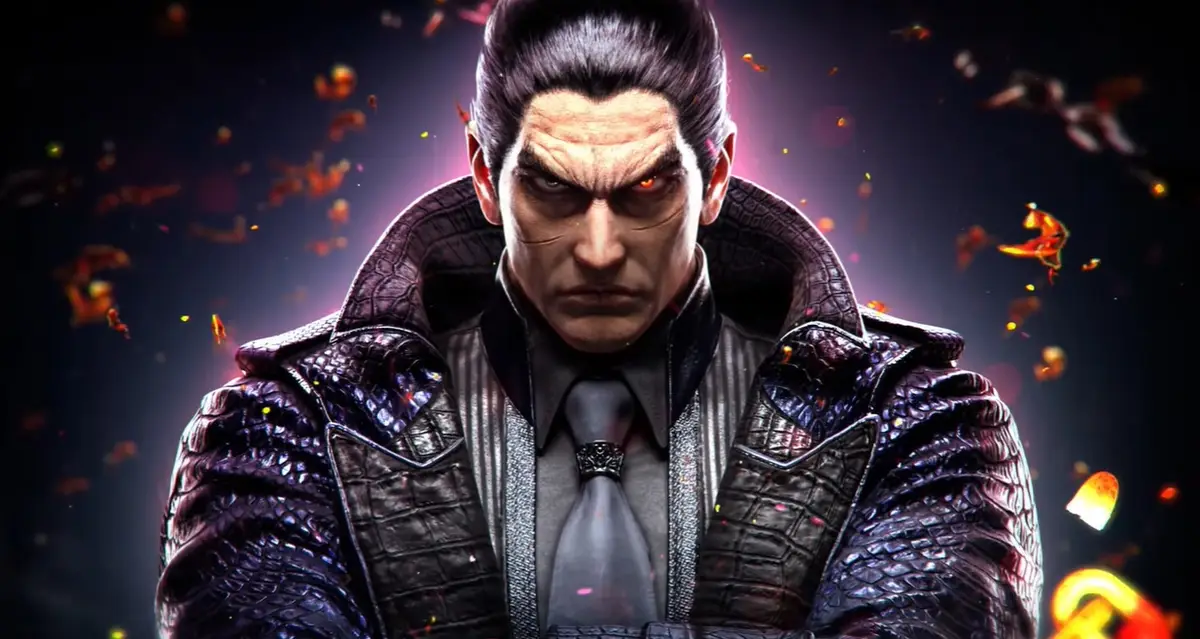

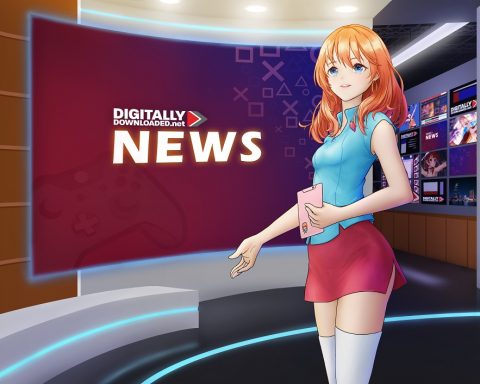
I’m really eager to play this. I meant to pick up the DS and Wii versions for the longest time but never got around to it for some reason. Looking forward to exploring this.
And yes, totally agree that this is absolutely what “remakes” are for, The Last Of Us be damned.
I am looking forward to your thoughts once you get stuck into it!